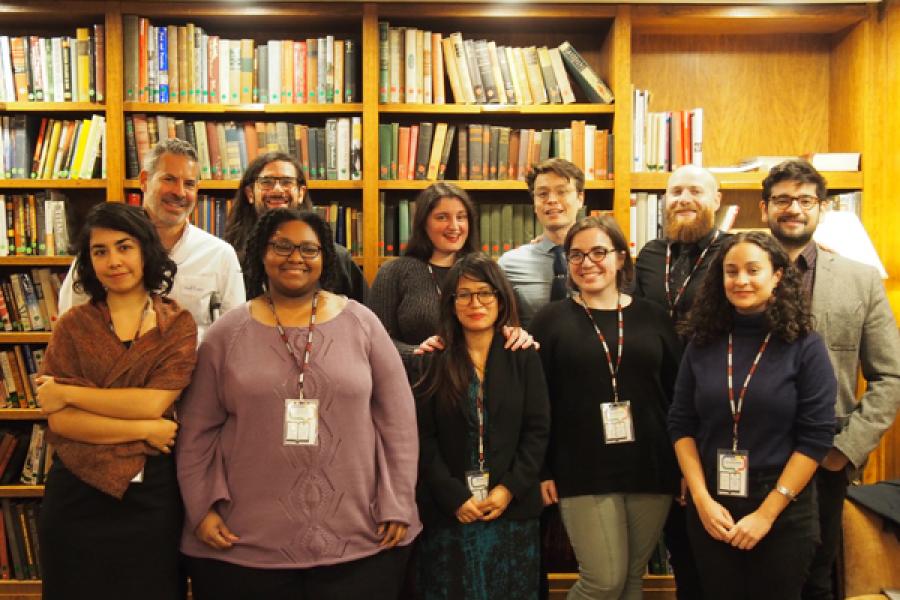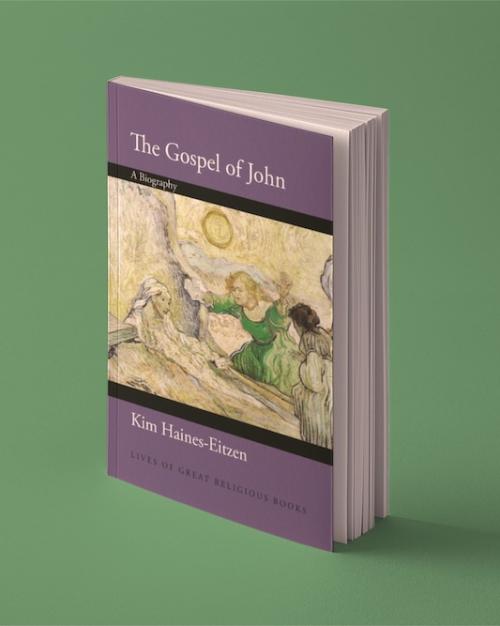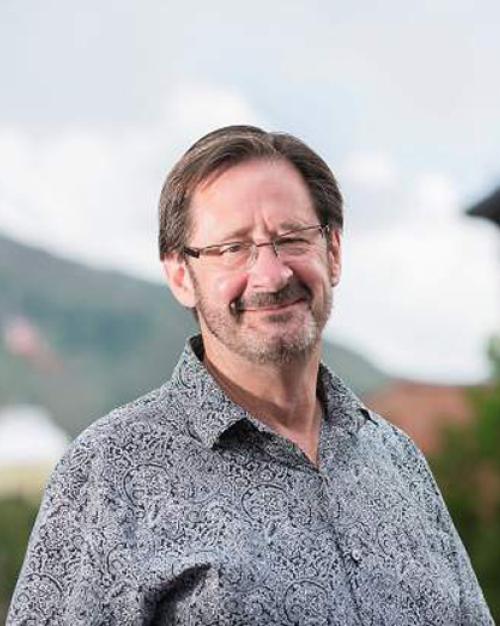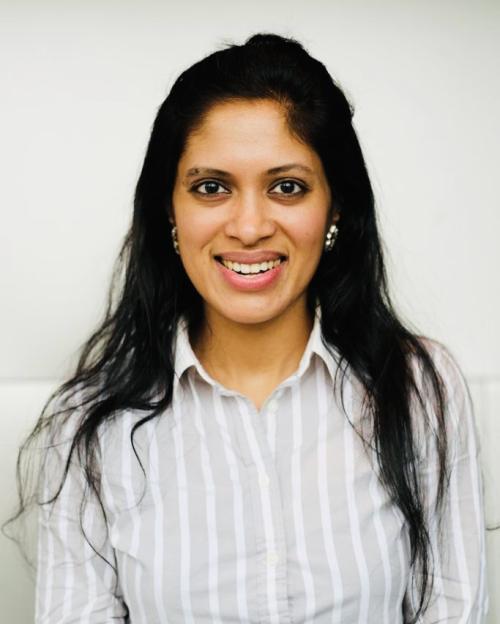Second-year MFA students in Cornell’s creative writing program were given the chance to read their works in front of editors, agents and publicists at a Nov. 12 event in New York City, thanks to the generosity of David Picket ’84.
The David L. Picket & Cornell Creative Writing Program Literary Reading in NYC was held at the Cornell Club and included readings by nine MFA students, as well as a reading by poet Ishion Hutchinson, assistant professor of English.
“It was sort of thrilling to receive compliments on my work from the people who read for a living,” said Emily Mercurio, who read five of her poems. “Even if nothing comes of the immediate connections from that night, which remains to be seen, I’m feeling quite confident in my voice because of it.”
The event has been a priority for Picket for some time, he said.
“These gifted writers need to know that they can earn a living as novelist or poet; that the world values the work they are doing,” Picket said. “Hopefully if we can open the door to the folks who are in charge of the business of writing, they will feel more secure about their future and will continue to produce more of the outstanding work we heard today.”
Back row, from left, David Picket with students Peter Gilbert, Lindsey Warren, Carl Moon, Neal Giannone and Chris Berardino (an MFA/PhD dual candidate); front row, from left, students Cristina Correa, Shakarean Hutchinson, Weena Pun, Emily Mercurio and Hema Surendranathan (an MFA/PhD dual candidate).
Students were “thrilled” with the opportunity to present their work, said Helena María Viramontes, professor and director of the creative writing program, who added that professors in the department helped by inviting their contacts in the publishing world.
“When I was an MFA student, there was only an emphasis on making your project as strong as possible,” Viramontes said. But with changing times and a reconfigured publishing world, it’s more difficult than ever to find people who can open doors for new writers.
The publishing process often begins with students sending stories and poems to magazines to be published, Viramontes said. “This is where the editorial work they do with Cornell’s Epoch magazine really pays off,” she said. “Students begin to see how writers and poets present themselves. The experience and training is invaluable.” The next step is usually for a writer to find an agent, Viramontes said, although the publishing process can be different for each writer.
“This event was mostly about exposure,” Viramontes said. “This was for students to have a conversation with an agent or editor and ask questions.”
The event was able to attract well-known editors and agents because of the reputation of Cornell’s program and the success of its alumni, Viramontes said. “People who couldn’t come wrote me to say ‘Please keep me on your radar next time.’ “
Poet Cristina Correa said the Cornell Club’s A.D. White Room provided an intimate venue for the reading.
“You walk into the Cornell Club and realize that you’re part of something big, but the room was a lovely space where you could actually see everyone’s faces,” she said. “The most striking thing about an event like the one in New York was seeing how lit up everyone was to gather in this space and honor each other.”
Correa said the evening helped students remember why they are doing the work they do.
“It’s not so much only in our heads and under scrutiny, but it reminds us that our work can be shared— that it should be something we give to someone else,” she said.
“Without editors, agents, and publishers, all the time and energy we spend on our writing would never see the world outside of our Documents folders,” Mercurio said. “In any industry, success is so much about who your connections are, and having an evening like this where you are able to share your work with the people who can actually do something with it— that’s a pretty rare opportunity.”
“Readings like this focus you to be hyper-critical of your work because it isn't just something on the page anymore, it's something out in the world,” said fiction writer Shakarean Hutchinson. “You want it to be as good as possible so others can enjoy it.”
The Picket family has a long history of support for Cornell, especially within the English department, where they have endowed the Picket Family Chair in the Department of English. The College renamed the English department offices in their honor in 2015.
David Picket has a keen interest in the MFA students, getting to know them and providing funds to support them in various ways, including through summer writing fellowships.
“The Pickets have been so generous to us, not only with financial support but in terms of ideas,” Viramontes said. “David Picket loves to take the students out to dinner and talk to them about their work.”





